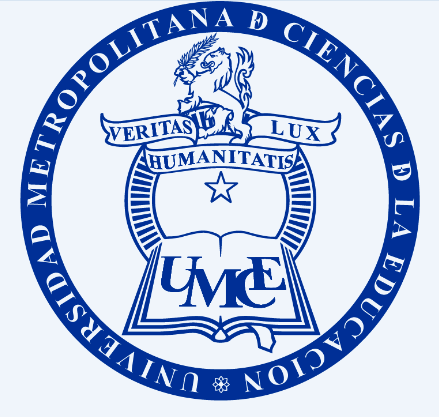Main Article Content
Sep 5, 2017
Abstract
The decisions that teachers make about assessment affects the quality of the learning outcome. This study aims to analyse which assessment strategies are used by teachers of the Initial teacher training programme for primary school at the University of Playa Ancha, which ones are considered more likely to display authentic tasks and the correspondence between those declared in the learning modules. The information was gathered through a check table and content analysis. The results show that although the evaluation strategies used by teachers are numerous and diverse in nature, a low percentage of them are likely to mobilize authentic tasks and that the conventional instrument more frequently used are tests with dichotomous response questions or múltiple choice. In the discussion, some lines of work are proposed to move in the direction of assessing through authentic tasks and to bring what is stated in the modules (what is said) closer to the evaluation activities used (what is done).
Downloads
Policies for open access journals
Authors who publish here accept the following terms: Authors will keep their copyright and will guarantee the journal the right to the first publication of their work, which will be subject to the Licence of Creative Commons acknowledgement, which allows for the use of this material only if the authorship is credited and the original source is acknowledged (the journal’s URL), and if it is not used with commercial ends and with any derivations of the original work.
Authors may adopt other non-exclusive license agreements of distribution of the published version (e.g. to save it onto a digital institutional archive or publish it in a monographic volume) only if the initial publication of this journal is indicated.
It is permitted and recommended for authors to divulge their work on the Internet (e.g. institutional digital archives or webpage) before and during the submission process, which may lead to interesting exchanges and increase the citations of the publication. (See Open Access Effect).






